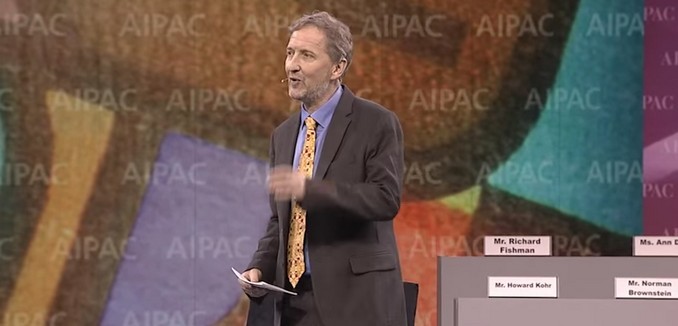The terms of a proposed nuclear deal between the West and Iran “reported by the AP [Associated Press] are even more worrying than those that were leaked in Jerusalem,” according to David Horovitz, editor-in-chief of The Times of Israel, in an analysis published Monday.
After anonymous sources in Jerusalem leaked to Israeli reporters in recent weeks the ostensible terms of the deal being hammered out, various spokespeople for the Obama administration contended that the Netanyahu government was misrepresenting the specifics for narrow political ends. They sneered that Israel didn’t actually know what the terms were. And they made the acknowledgement — the astounding acknowledgement for a United States whose key regional ally is directly and relentlessly threatened with destruction by Iran — that the Obama administration is consequently no longer sharing with Jerusalem all sensitive details of the Iran talks.
And yet among the terms of the deal being reported by the Associated Press from Geneva on Monday are precisely those that were asserted in recent weeks by the Israeli sources, precisely those that were scoffed at by the Administration. Centrally, Iran is to be allowed to keep 6,500 centrifuges spinning, and there will be a sunset clause providing for an end to intrusive inspections in some 10-15 years. If anything, indeed, some of the terms reported by the AP are even more worrying than those that were leaked in Jerusalem: “The idea would be to reward Iran for good behavior over the last years of any agreement,” the AP said, “gradually lifting constraints on its uranium enrichment program and slowly easing economic sanctions.” There is also no indication of restrictions on Iran’s missile development — its potential delivery systems.
At the beginning of his analysis, Horovitz asserts that the deal whose details are becoming known is so bad that “the need to thwart such an accord crosses party lines in Israel and stands as a consensual imperative.” Toward that end he suggests that Isaac Herzog, Prime Minister Benjamin Netanyahu’s chief rival in the upcoming Israeli elections, also be invited to address the United States Congress to make clear that Israel’s political leadership is united in its opposition to the deal.
Horovitz presented his column as an answer to a column he had written two weeks ago in which he asked if “the Obama-advocated deal would entitle the Khamenei regime to keep thousands of its centrifuges spinning, capable of enriching sufficient material for a bomb within months, monitored by an inspections regime for a limited period of perhaps 10-15 years, and free to continue work on its missile delivery systems,” or if “Benjamin Netanyahu is misrepresenting the dangers and those around him are mischaracterizing the terms being negotiated?”
In yesterday’s column he asserts that we know the answer to his earlier column:
It goes without saying that this weekend’s developments in Geneva have only bolstered Netanyahu’s determination to sound the alarm before Congress next Tuesday. It’s also still clearer today why the Obama administration has been so anxious to query his motives and seek to discredit his concerns.
Emerging details of the deal suggest that with the absence of adequate verification and its limited duration, the deal will provide Iran with an on-ramp to a nuclear weapon.
[Photo: AIPAC / YouTube ]




